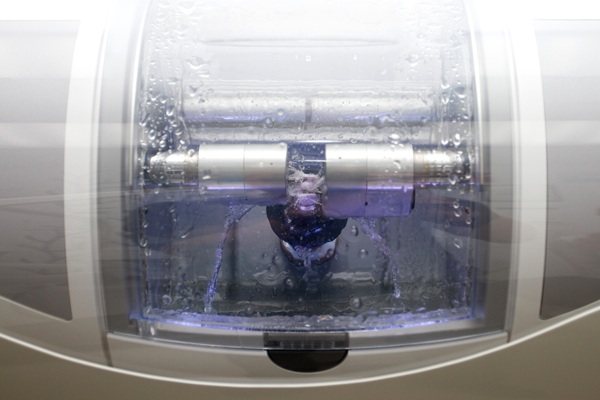Taking Care of Your Mouth After a Tooth Extraction

Tooth extraction can seem to be hard to recover from, but there are plenty of ways that a person can take care of their mouth after a tooth has been extracted.
With the help of this article, we will discuss a few ways that someone can take care of their mouths after they’ve had a tooth extracted. Being aware of how to properly care for the mouth after this procedure can be helpful to someone who has had their tooth pulled or who is expecting to have one pulled in the near future.
Taking care of your mouth after a tooth extraction
Rinse regularly
One of the best ways to care for your mouth after tooth extraction is by regularly rinsing with a saltwater rinse. Sometimes, immediately after a tooth is pulled, mouthwash may be too harsh to the wound or the area around it.
However, saltwater is gentle enough to not cause discomfort, but it will keep the mouth and area surrounding the wound, clean and free of bacteria.
Avoid chewing on that side
Another important thing that people should remember while taking care of their mouths after tooth extraction is to avoid chewing foods on the side of the mouth where the tooth was pulled. While the wound will eventually heal, it may be best to initially avoid chewing on that side.
Chewing could cause pain, swelling, inflammation or even minor bleeding - all of which can be harmful during the healing stages. It’s best to adapt to a liquid diet for a couple of days or just chew things that are softer and won’t harm the area where the tooth was pulled.
Regularly brush
When a tooth is extracted, there are often tissues within the mouth that are exposed. And, when oral tissues are exposed, it makes the area more prone to bacteria. By brushing regularly, a person can ensure that the area surrounding the pulled tooth, will remain free of bacteria and clean.
Often times, after tooth extraction, the area may be sensitive. With that being said, it is important to brush but very gently to ensure that pain or irritation doesn’t affect the area.
Pain medications
One other great way to take care of the mouth aer a tooth extraction is to take some kind of over-the-counter pain medication. While a dentist may suggest a certain one, it’s best to take them with food in order to avoid an upset stomach.
Because a person often feels pain from their tooth extraction, an over-the-counter medication can help with the discomfort as well as any inflammation that may be occurring immediately after the procedure.
Talk to a dentist
While all of these tips on taking care of your mouth after tooth extraction are helpful, there are plenty more too! It is ultimately best to talk with a dentist about tooth extractions and ways to care for the mouth and area afterward. They will be able to help guide you through the aftercare process.
If you have questions or concerns then reach out to our office so that we can help you further.
Request an appointment here: https://aestheticsmiles.com or call Aesthetic Dentistry of Noe Valley at (415) 493-9143 for an appointment in our San Francisco office.
Check out what others are saying about our dental services on Yelp: .
Related Posts
Aesthetic dentistry is something that many could benefit from when it comes to dental treatment. Much like a master carpenter, aesthetic dentistry combines the underlying practice of traditional dentistry with the artistry of creating a beautiful smile. However, aesthetic dentistry is not just about making one's smile gorgeous. Instead, it also aims to make sure…
If you have ever had a dental crown placed, you know that the process often involves multiple visits and temporary crowns. A CEREC dentist offers a faster solution to the typical dental crown process. Using advanced technology, these dentists create durable, high-quality crowns in just one appointment.A CEREC dentist uses Computer-Aided Design and Manufacturing (CAD/CAM)…
Are you considering undergoing teeth bleaching treatment from a general dentist? White teeth make for an attractive smile, and choosing to undergo professional treatment supports safe and long-term results. When preparing for a teeth bleaching treatment, it is best to ask questions and consider the pros and cons.Consultation appointments are informative and allow patients to…
The TMJ, or temporomandibular joint, connects the lower jaw to the skull. If you are experiencing pain in your jaw, you may be suffering from what is known as TMJ disorder. The disorder may also cause muscle spasms, clicking sounds, or jaw locking. These symptoms can make regular activities like eating and talking painful and…


